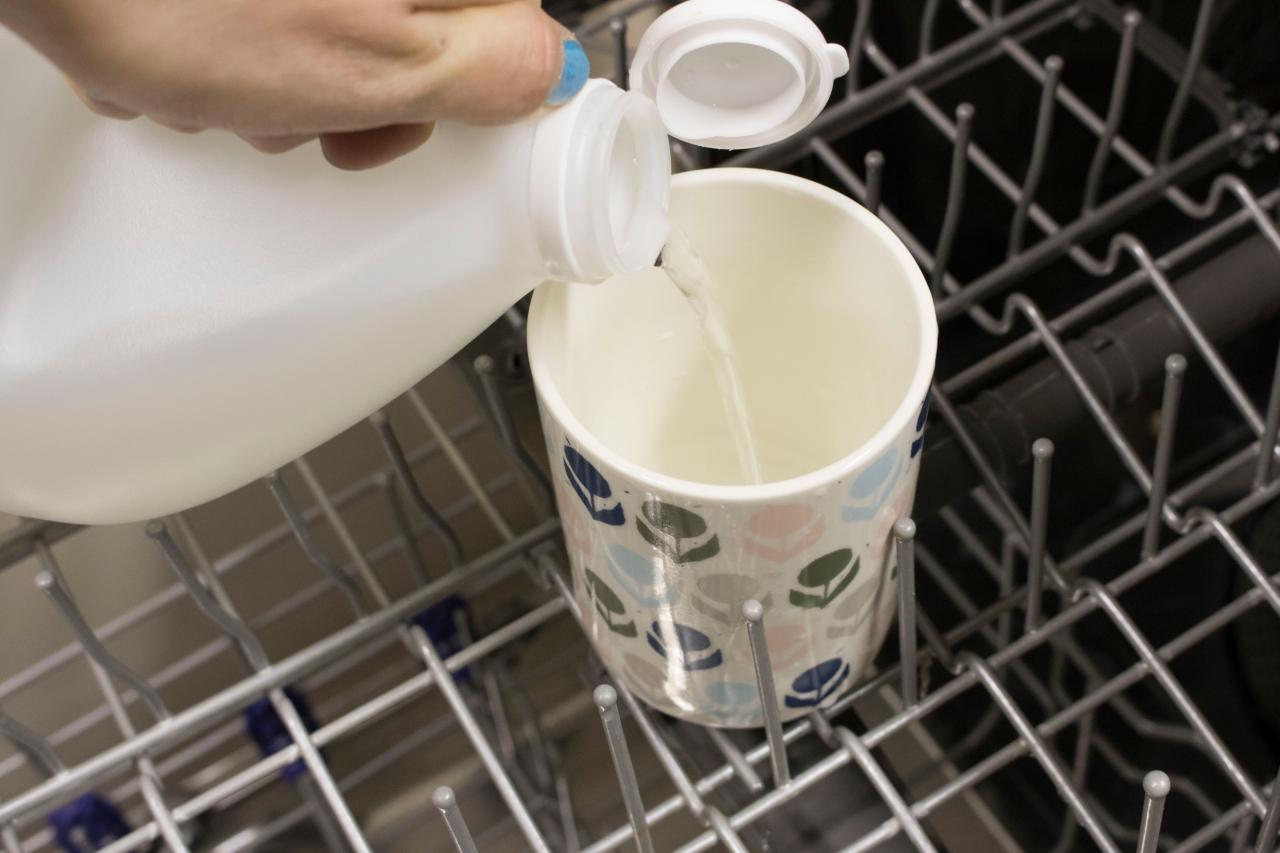

Articles
How To Clean The Dishwasher With Vinegar
Modified: October 20, 2024
Learn how to clean your dishwasher quickly and effectively using vinegar. Our articles provide step-by-step guides for maintaining a sparkling clean dishwasher.
(Many of the links in this article redirect to a specific reviewed product. Your purchase of these products through affiliate links helps to generate commission for Storables.com, at no extra cost. Learn more)
Introduction
Keeping our household appliances clean and well-maintained is essential for their optimal functioning and longevity. While most of us remember to clean commonly used appliances like the stove, refrigerator, and microwave, the dishwasher often gets overlooked. However, regularly cleaning your dishwasher is just as important as cleaning other appliances.
In this article, we will focus on one effective and natural method for cleaning your dishwasher: using vinegar. Vinegar is a versatile and eco-friendly cleaning agent that can effectively dissolve mineral deposits, remove soap scum, and eliminate odors from your dishwasher.
Before we dive into the step-by-step process of cleaning your dishwasher with vinegar, let’s explore the reasons why cleaning your dishwasher is crucial.
Key Takeaways:
- Regularly cleaning your dishwasher with vinegar helps eliminate mineral buildup, remove odors, and maintain optimal performance, ensuring sparkling dishes and prolonging the appliance’s lifespan.
- Incorporating regular maintenance, such as scraping off excess food, rinsing dishes, and running vinegar cleaning cycles, keeps your dishwasher clean, odor-free, and running smoothly for years to come.
Why Clean Your Dishwasher?
It may seem counterintuitive to clean an appliance whose primary function is cleaning, but over time, dishwashers can accumulate buildup and residue that can hinder their performance. Here are a few reasons why it’s important to clean your dishwasher regularly:
- Efficiency: A clean dishwasher will operate more efficiently, ensuring that your dishes come out spotless every time. Over time, mineral deposits from hard water can build up on the interior surfaces of the dishwasher, affecting its ability to effectively spray water and detergent onto the dishes.
- Prevent Odors: Over time, food particles and soap scum can accumulate in the dishwasher’s filter, spray arms, and hard-to-reach corners. This can create a breeding ground for bacteria and result in unpleasant odors emanating from your dishwasher.
- Extend Lifespan: Regular cleaning and maintenance can help prolong the lifespan of your dishwasher. By preventing mineral buildup and ensuring that components are free from debris, you can reduce the risk of mechanical issues and avoid costly repairs or premature replacement.
- Health and Safety: A clean dishwasher is essential for maintaining good hygiene in your kitchen. A buildup of food particles and bacteria in your dishwasher can transfer onto your dishes, utensils, and glassware, potentially causing illness.
Now that you understand the importance of keeping your dishwasher clean, let’s explore the benefits of using vinegar as a natural cleaning agent.
Benefits of Cleaning Dishwasher with Vinegar
Vinegar is a versatile and inexpensive household ingredient that can be used for various cleaning tasks. When it comes to cleaning your dishwasher, vinegar offers several distinct benefits:
- Effective Cleaning: Vinegar is a natural acid that helps dissolve mineral deposits, grime, and soap scum that can accumulate inside your dishwasher. Its acidic properties make it an excellent cleaner for removing stubborn stains and buildup.
- Natural and Eco-Friendly: Vinegar is a non-toxic and eco-friendly alternative to harsh chemical cleaners. It is gentle on the environment and safe for your family, making it a great option for maintaining a clean and healthy home.
- Odor Elimination: One common issue with dishwashers is unpleasant odors caused by food residue and bacteria. Vinegar’s acidic nature helps neutralize these odors and leaves your dishwasher smelling fresh and clean.
- Cost-Effective: Compared to commercial dishwasher cleaners, vinegar is incredibly affordable. A bottle of vinegar is versatile and can be used for multiple cleaning tasks, saving you money in the long run.
- Safe for Components: Unlike some chemical cleaners, vinegar is safe to use on the interior components of your dishwasher. It won’t damage the rubber seals, stainless steel interiors, or other parts of the dishwasher.
Now that you understand the advantages of using vinegar to clean your dishwasher, let’s gather the supplies you will need.
Supplies Needed
Before you begin the process of cleaning your dishwasher with vinegar, make sure you have the following supplies on hand:
- Vinegar: You will need distilled white vinegar, which can be found at most grocery stores. It is recommended to have at least one to two cups of vinegar for a thorough cleaning.
- Baking Soda (optional): While vinegar alone is effective for cleaning your dishwasher, you can also use baking soda for an extra boost. Baking soda helps remove tough stains and odors.
- Microfiber Cloth: To wipe down the interior of the dishwasher and remove any residue, have a microfiber cloth or a soft sponge handy.
- Toothbrush: A toothbrush with soft bristles will help you clean hard-to-reach areas, such as around the filter and spray arms.
- Hot Water: You will need access to hot water either from your faucet or by heating it separately.
Once you have gathered these supplies, you are ready to begin the process of cleaning your dishwasher with vinegar.
Run an empty dishwasher with a cup of vinegar on the top rack. The vinegar will help to remove any built-up grime and odors from the dishwasher.
Steps to Clean Dishwasher with Vinegar
Now that you have all the necessary supplies, follow these step-by-step instructions to clean your dishwasher using vinegar:
- Empty the Dishwasher: Start by removing any dishes or utensils from the dishwasher. Make sure the dishwasher is completely empty before proceeding.
- Inspect the Filter: Check the dishwasher’s filter for any debris or food particles. Remove the filter and rinse it under running water to remove any buildup. Use a toothbrush to clean any stubborn residue.
- Fill a Cup with Vinegar: Measure one to two cups of vinegar and pour it into a dishwasher-safe cup or bowl. Place the cup on the top rack of your dishwasher. You can also sprinkle baking soda on the bottom of the dishwasher for additional cleaning power.
- Run a Hot Water Cycle: Select the hottest water setting on your dishwasher and run a complete cycle. This will allow the vinegar to circulate throughout the dishwasher, breaking down mineral deposits and removing odors.
- Wipe Down the Interior: Once the cycle is complete, carefully open the dishwasher and use a microfiber cloth or sponge to wipe down the interior surfaces. Pay special attention to the door seal, edges, and corners where residue can accumulate.
- Clean the Spray Arms: Remove the spray arms if possible and rinse them under warm water to remove any debris or clogs. Use a toothbrush to clean the spray arm nozzles if needed.
- Replace the Filter: Once the dishwasher is clean and dry, reassemble the filter and ensure it is securely in place.
Following these steps will help remove mineral buildup, eliminate odors, and leave your dishwasher sparkling clean. However, if vinegar is not available, there are alternative methods for cleaning your dishwasher.
Alternative Methods for Cleaning Dishwasher
If you don’t have vinegar on hand or prefer to explore alternative cleaning methods for your dishwasher, here are a few options:
- Lemon Juice: Lemon juice contains citric acid, which acts as a natural cleaner and deodorizer. Simply squeeze fresh lemon juice into a dishwasher-safe cup or bowl and place it on the top rack of the dishwasher. Run a hot water cycle to clean and freshen your dishwasher.
- Bleach: Bleach can be used to disinfect and remove tough stains from your dishwasher. Mix one cup of bleach with one gallon of warm water, and carefully pour the solution into the bottom of an empty dishwasher. Run a short cycle to sanitize and remove stains. Remember to rinse thoroughly afterward to remove any residual bleach.
- Dishwasher Cleaner Tablets/Packets: There are various dishwasher cleaning tablets or packets available in stores that are specifically designed to remove buildup and eliminate odors. Follow the instructions on the packaging to efficiently clean your dishwasher.
- Citric Acid: Citric acid is another effective natural cleaner that can remove mineral deposits and stains. Mix one tablespoon of citric acid with a cup of hot water, and pour the solution into the bottom of the dishwasher. Run a hot water cycle to clean and descale your dishwasher.
Remember that when using alternative methods, it’s crucial to refer to the manufacturer’s guidelines for your dishwasher model and adjust the cleaning method accordingly.
Now that you have learned the different methods for cleaning your dishwasher, it’s essential to incorporate regular maintenance to keep it clean and running smoothly.
Tips for Maintaining a Clean Dishwasher
To ensure that your dishwasher stays clean and functions efficiently, it’s important to incorporate regular maintenance into your routine. Here are some tips to help you maintain a clean dishwasher:
- Scrape Food Off Dishes: Before loading your dishes into the dishwasher, scrape off excess food residue. This will prevent food particles from clogging the dishwasher’s filter and spray arms.
- Rinse Dishes: If your dishwasher doesn’t have a built-in food disposal, it’s helpful to rinse dishes before loading them. This will help prevent food particles from accumulating in the dishwasher and causing odors.
- Run Hot Water Before Starting: To ensure that your dishwasher starts with hot water, run the kitchen faucet until the water is hot before starting the dishwasher. This helps dissolve detergent and improves overall cleaning performance.
- Clean the Filter Regularly: Check and clean the dishwasher’s filter at least once a month. A clogged filter can hinder water circulation and reduce cleaning efficiency. Follow the manufacturer’s instructions for proper filter maintenance.
- Wipe Down the Interior: After each cycle, open the dishwasher and wipe down the interior surfaces with a cloth or sponge. This removes any remaining debris or residue, preventing it from building up over time.
- Keep the Seal Clean: Regularly clean the door seal with a mild detergent and water solution. This helps prevent the accumulation of grime and keeps the seal in good condition, preventing leaks.
- Run Vinegar Cleaning Monthly: To maintain a clean dishwasher, run a vinegar cleaning cycle once a month. Following the steps mentioned earlier, this helps dissolve mineral deposits and eliminates odors.
- Check Spray Arms: Inspect the spray arms regularly for clogs or blockages. Clean the spray arm nozzles with a toothbrush or pipe cleaner to ensure proper water distribution.
- Use the Right Detergent: Select a high-quality dishwasher detergent that is suitable for your water hardness level and dishwasher model. Using the right detergent helps prevent mineral buildup and ensures optimal cleaning results.
By incorporating these tips into your dishwasher maintenance routine, you can keep your dishwasher clean, odor-free, and running smoothly for years to come.
Now you’re armed with the knowledge and tips to effectively clean and maintain your dishwasher. Remember, a clean dishwasher not only ensures sparkling dishes but also extends the lifespan of your appliance. So, dedicate some time to give your dishwasher the TLC it deserves!
Conclusion
Keeping your dishwasher clean is an essential task that often gets overlooked. However, regularly cleaning and maintaining your dishwasher not only ensures sparkling dishes but also prolongs the life of your appliance. With the simple and effective method of cleaning your dishwasher with vinegar, you can eliminate mineral buildup, remove odors, and maintain optimal performance.
Vinegar, with its natural cleaning properties, is a versatile and eco-friendly cleaning agent that effectively removes stains, dissolves mineral deposits, and neutralizes odors in your dishwasher. It is a cost-effective and safe alternative to harsh chemical cleaners, making it an ideal choice for maintaining a clean and healthy home environment.
In addition to using vinegar, we have explored alternative methods such as lemon juice, bleach, dishwasher cleaner tablets, and citric acid. These options provide flexibility to suit your preferences and availability of supplies.
Remember to incorporate regular maintenance into your dishwasher care routine. Scrape off excess food, rinse dishes before loading, and clean the filter and spray arms regularly. By following these tips, you can ensure a clean and efficient dishwasher that will serve you well for years to come.
So, don’t forget to give your dishwasher the attention it deserves. Implement the steps provided in this article and keep your dishwasher running smoothly, delivering spotless dishes with every cycle.
Frequently Asked Questions about How To Clean The Dishwasher With Vinegar
Was this page helpful?
At Storables.com, we guarantee accurate and reliable information. Our content, validated by Expert Board Contributors, is crafted following stringent Editorial Policies. We're committed to providing you with well-researched, expert-backed insights for all your informational needs.
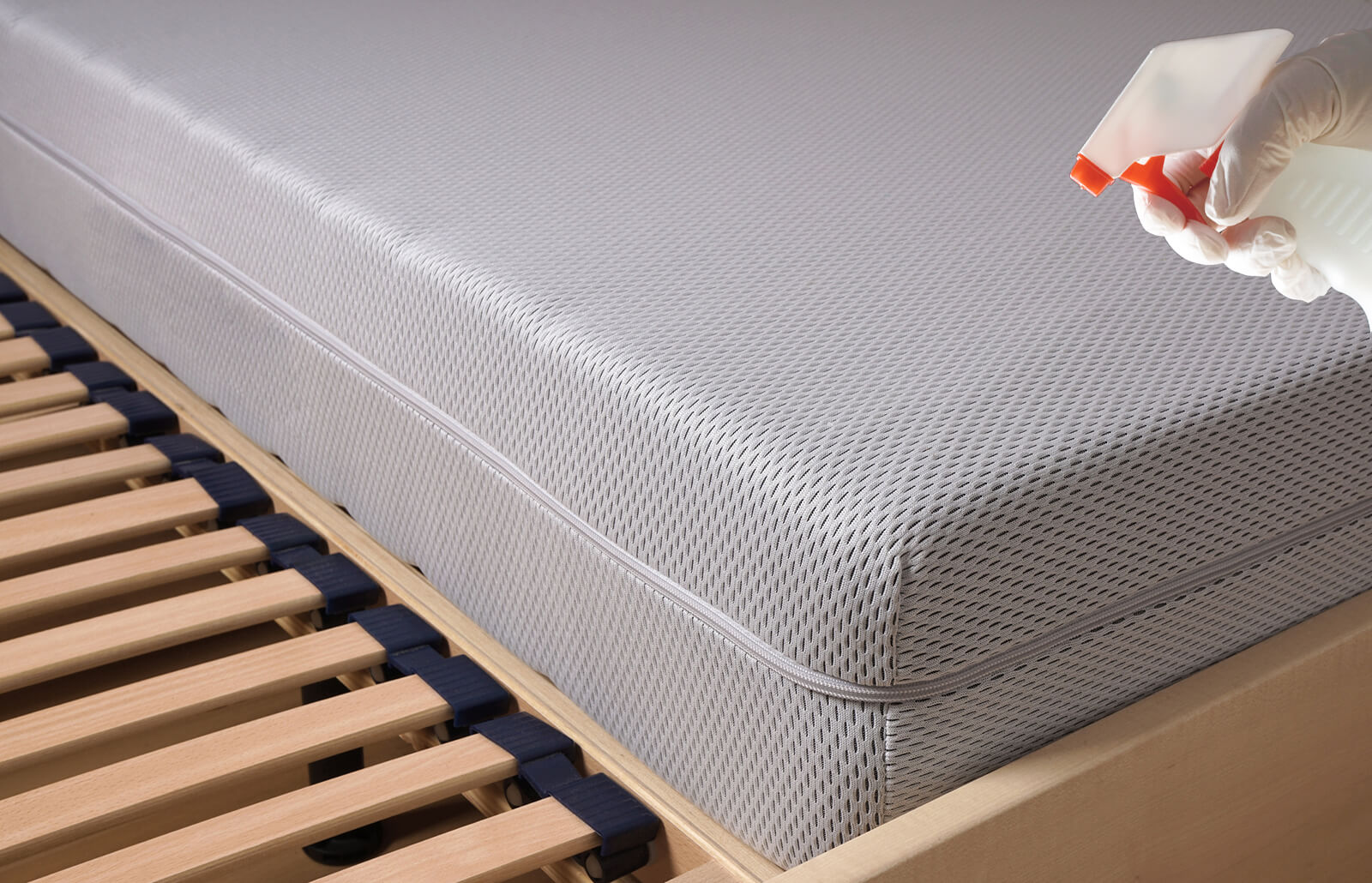
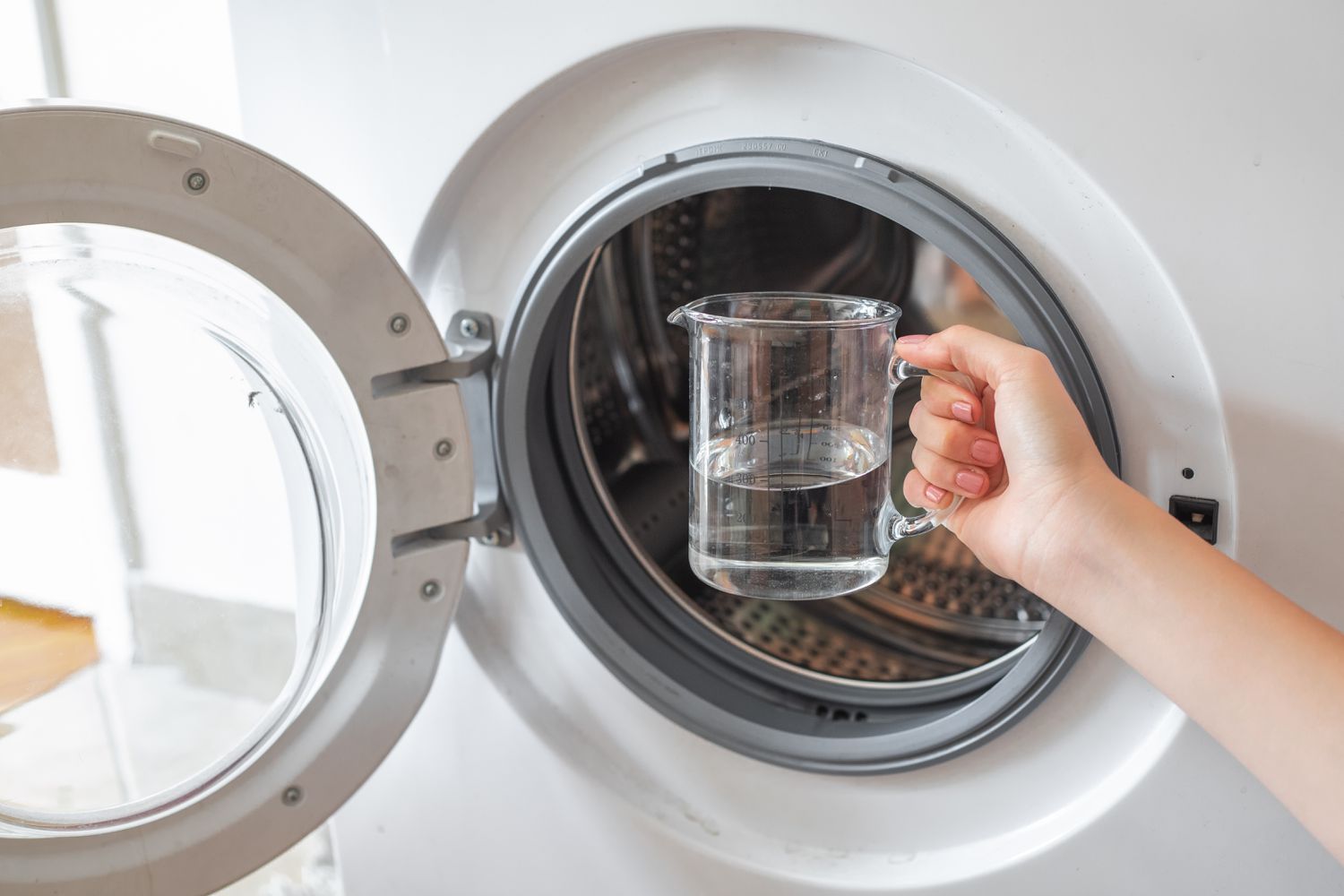
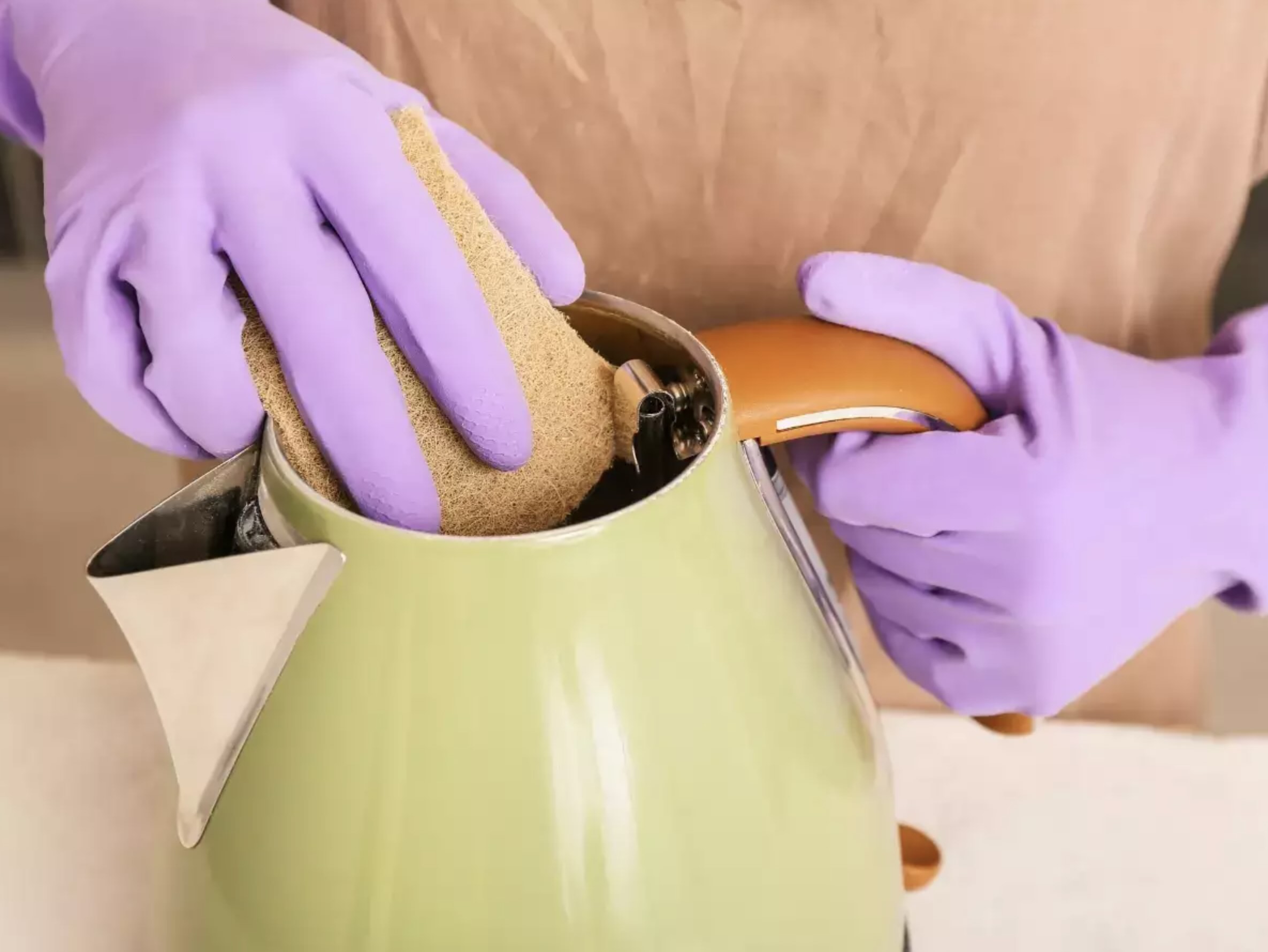
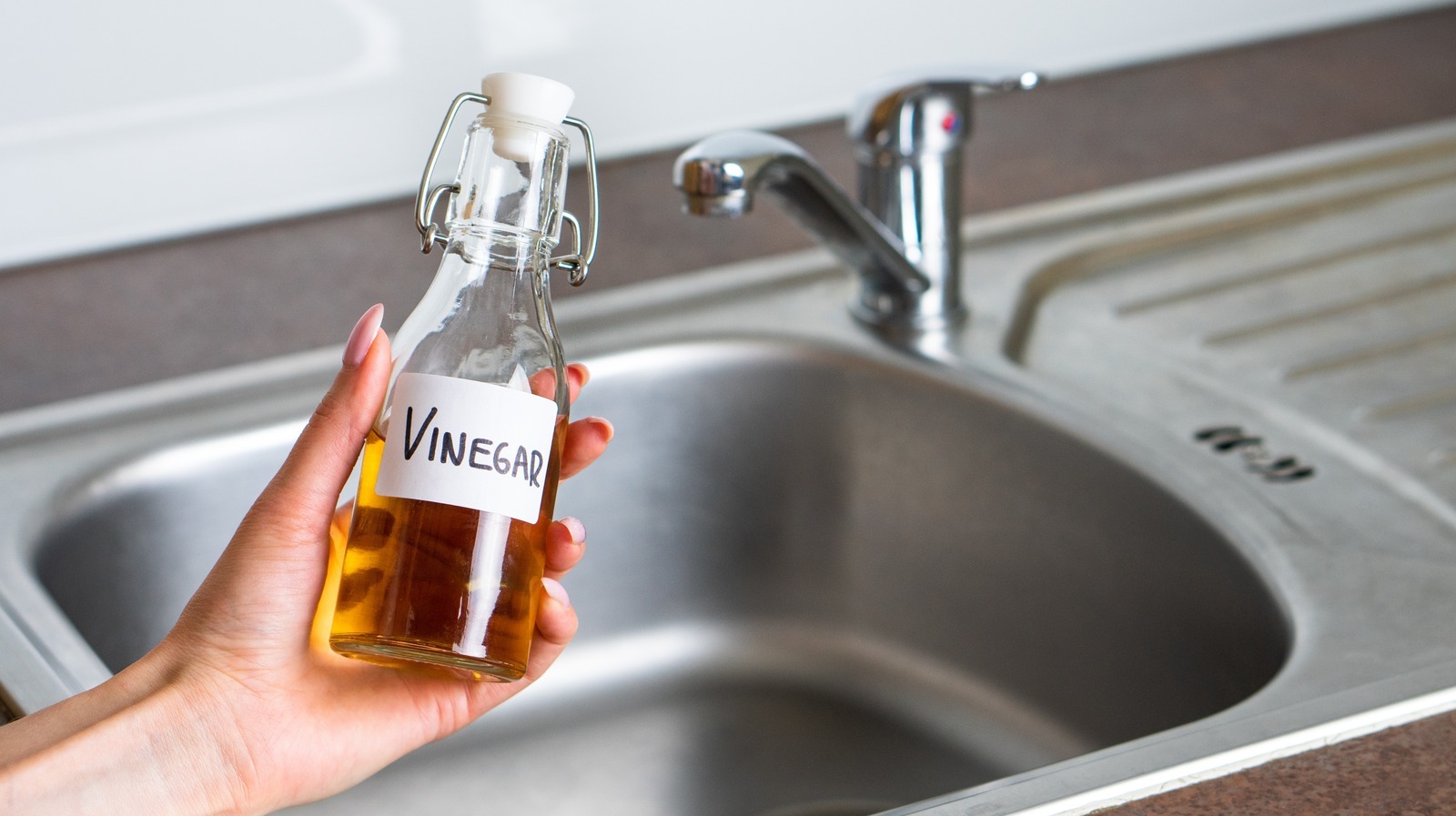
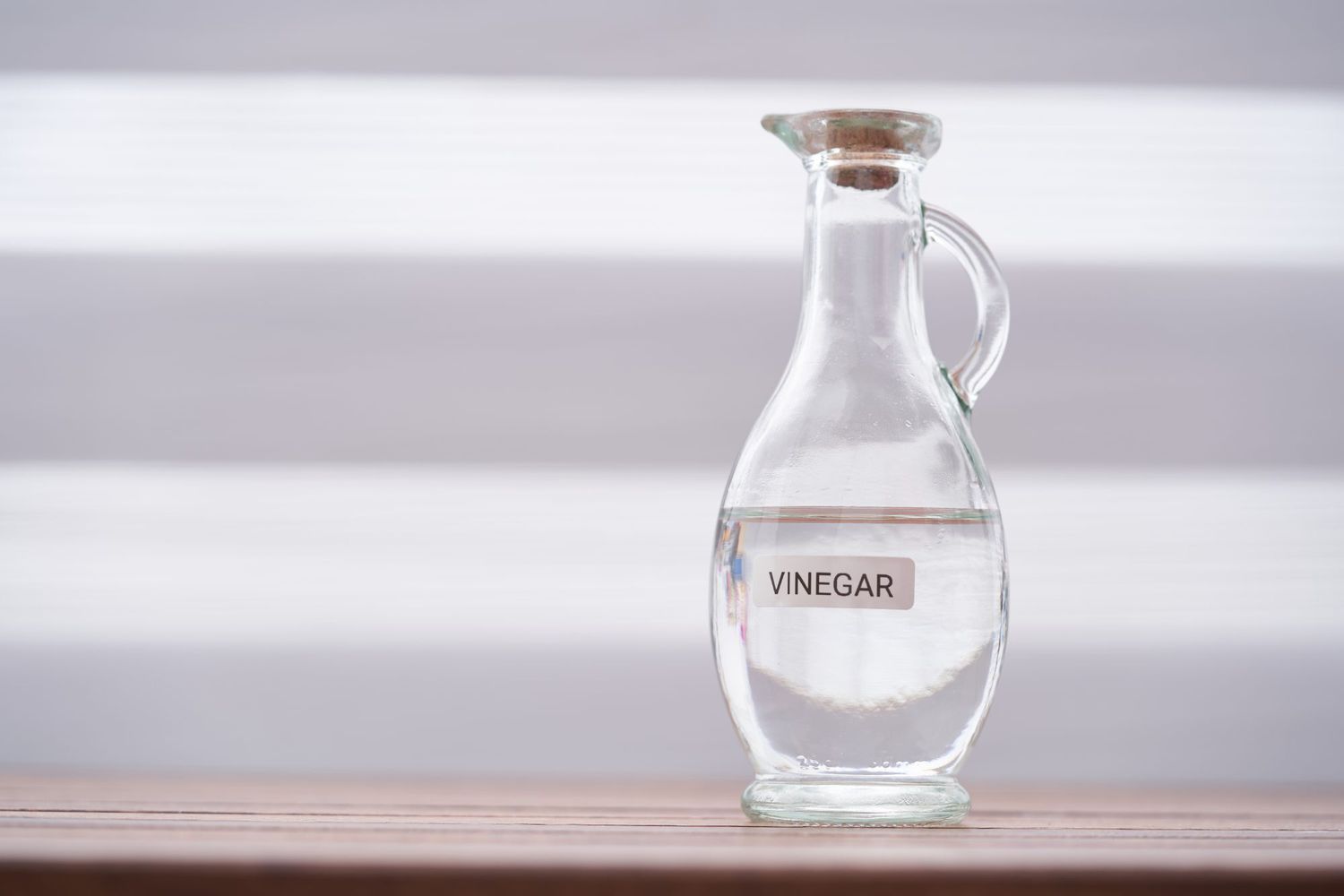
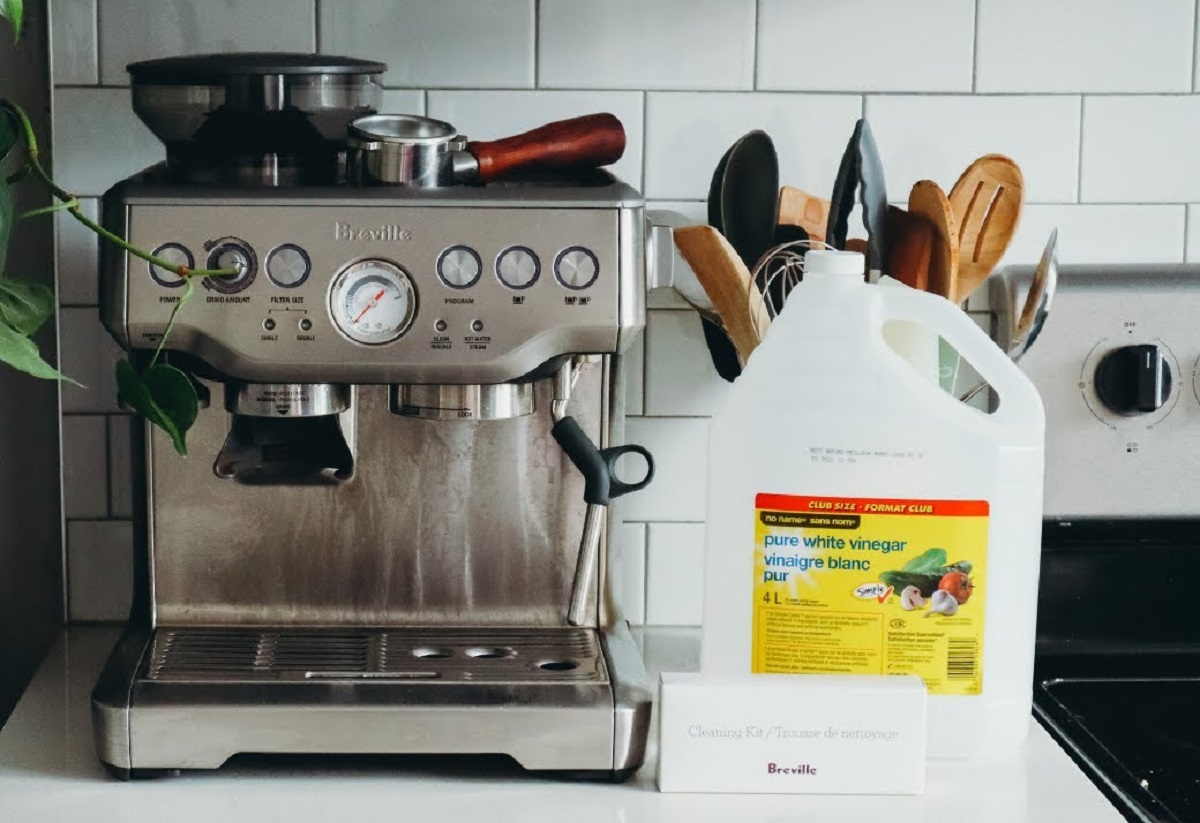

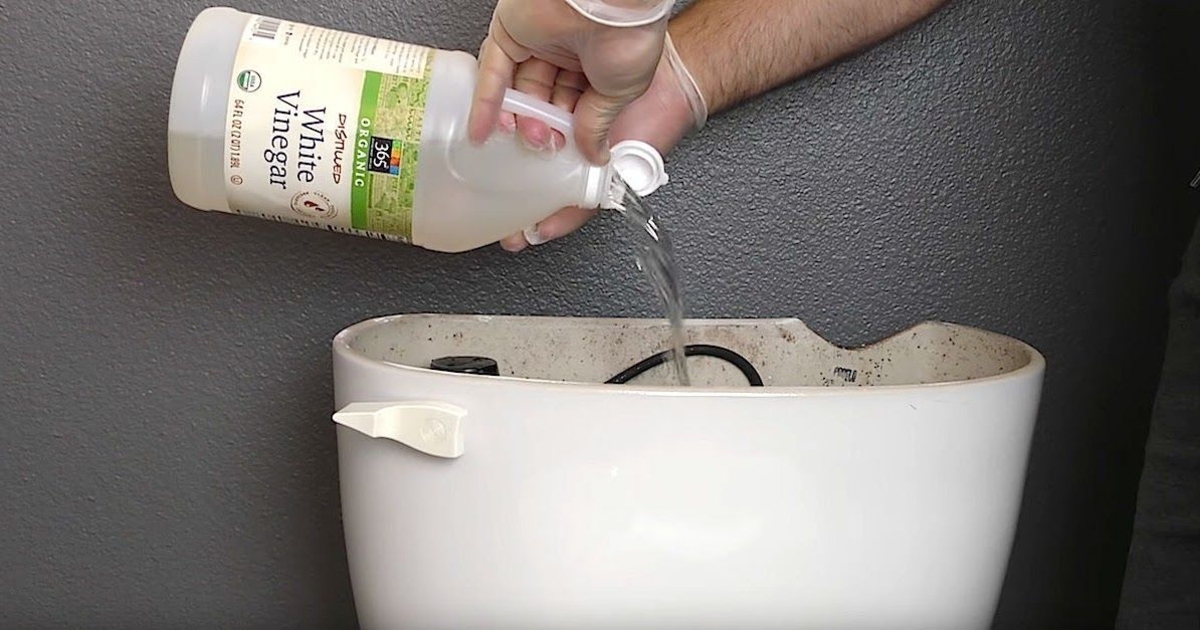
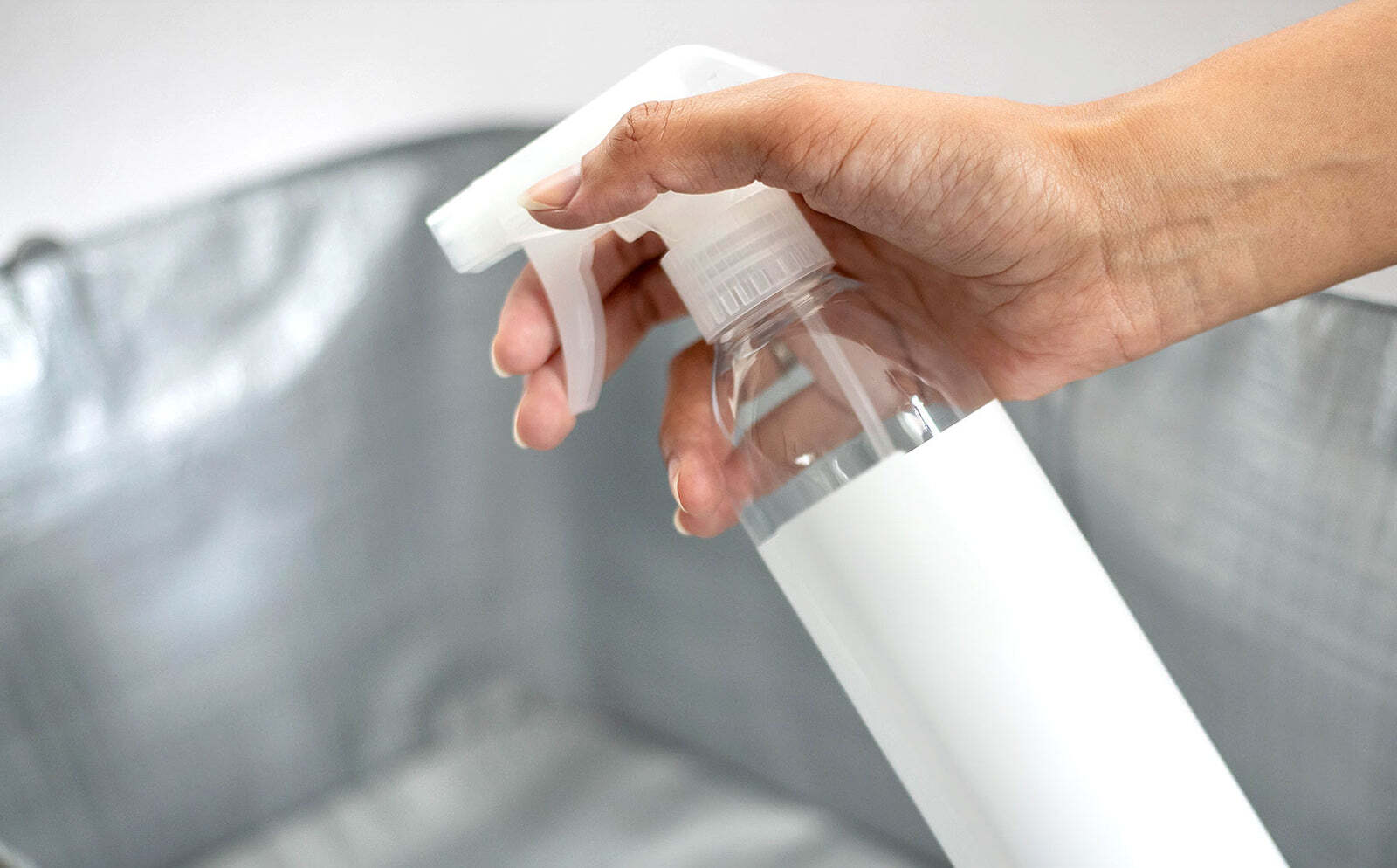
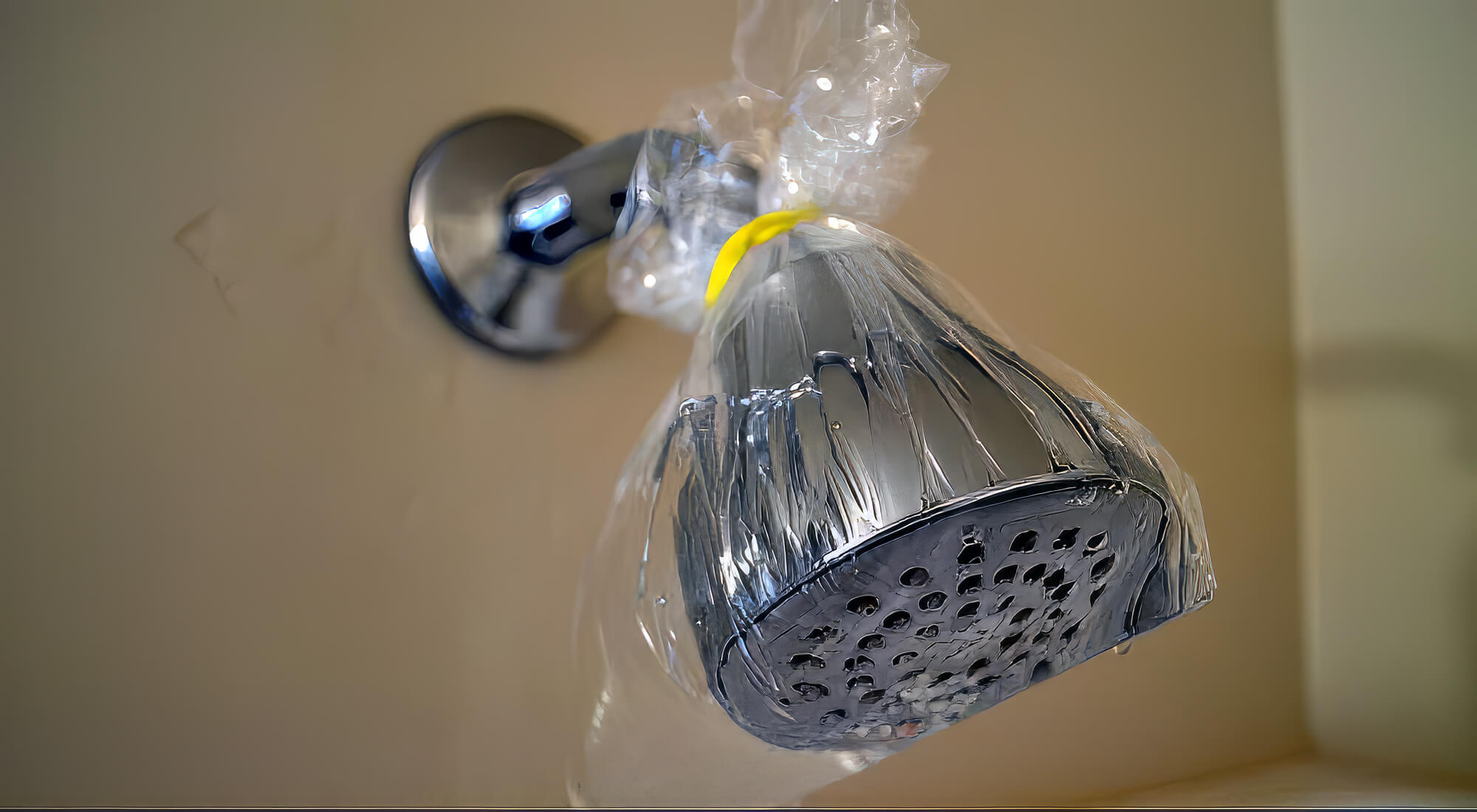
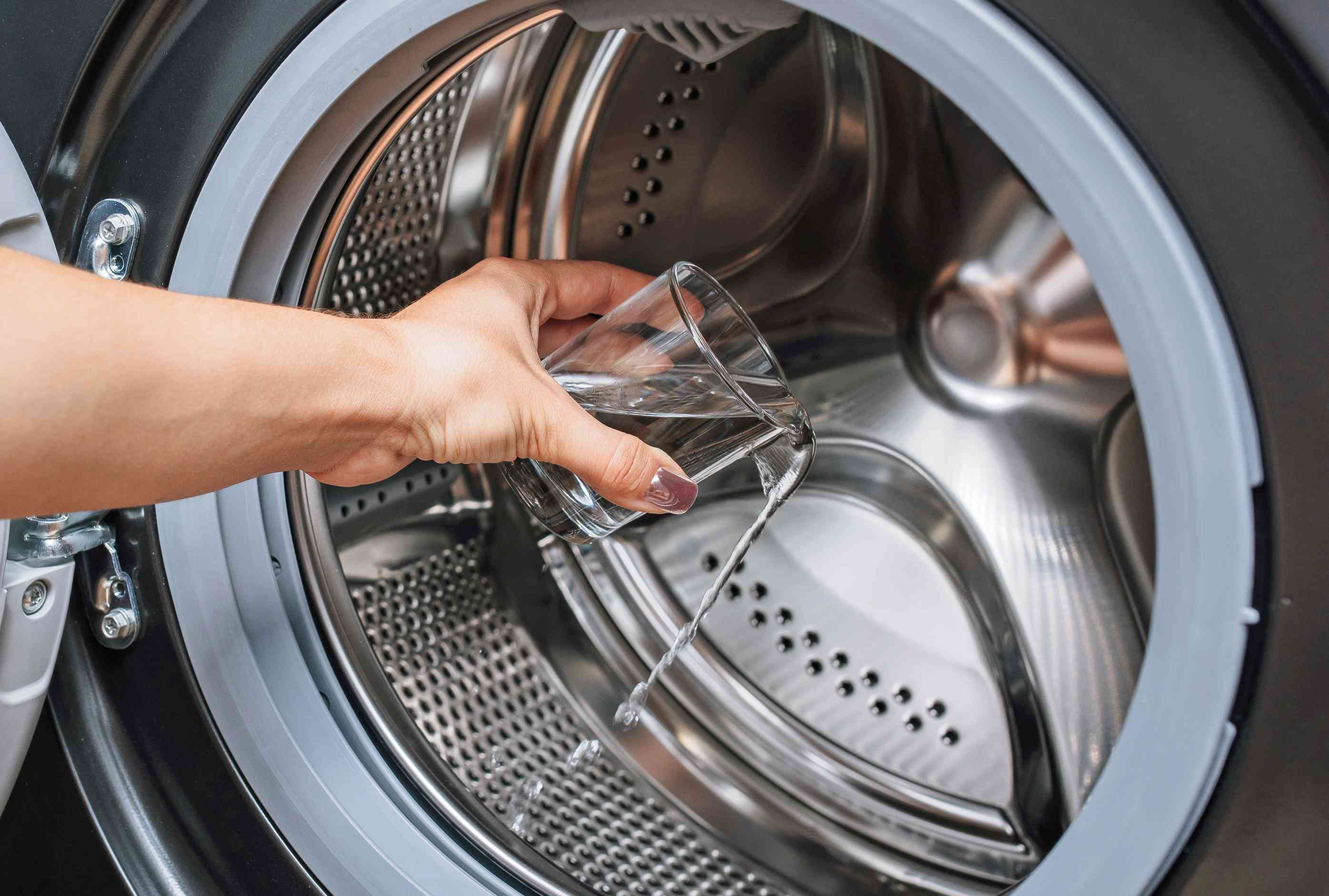
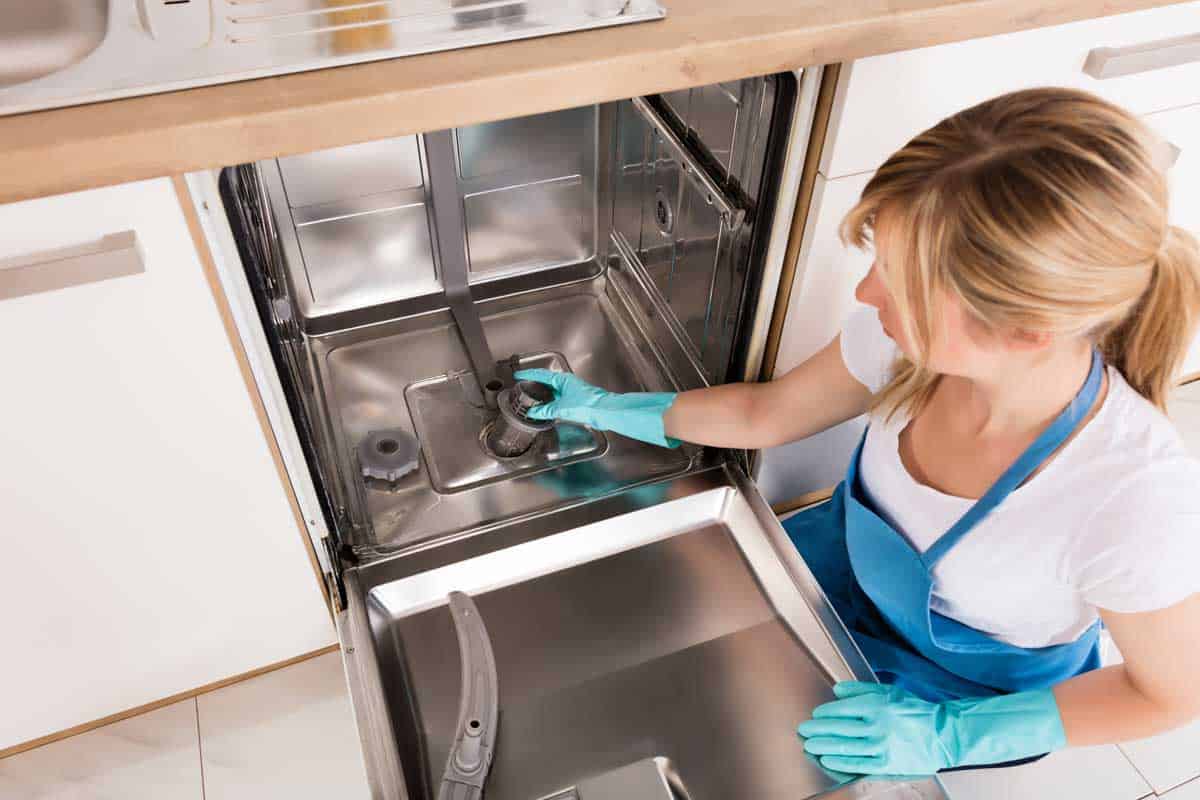



0 thoughts on “How To Clean The Dishwasher With Vinegar”